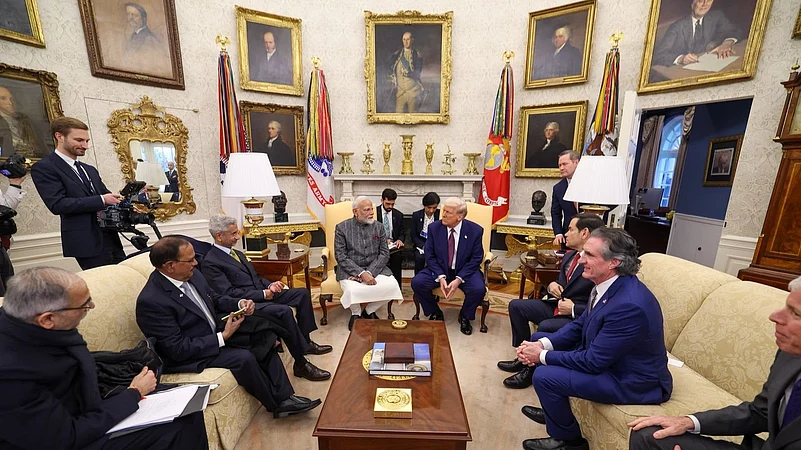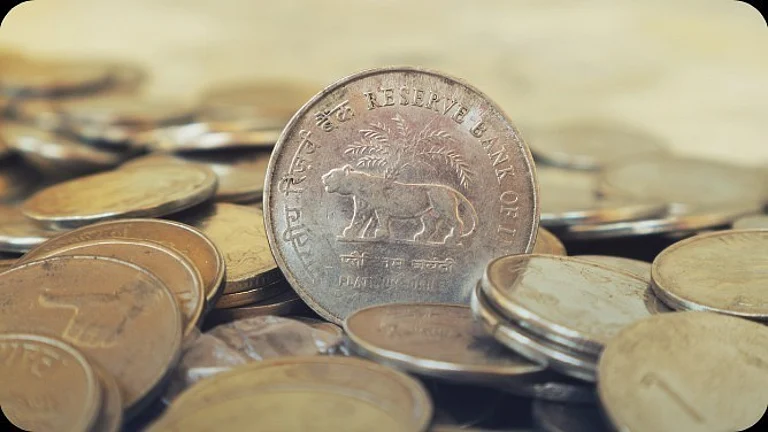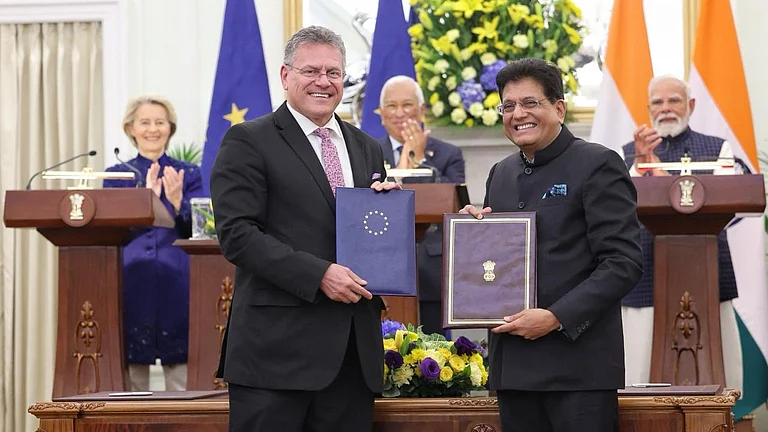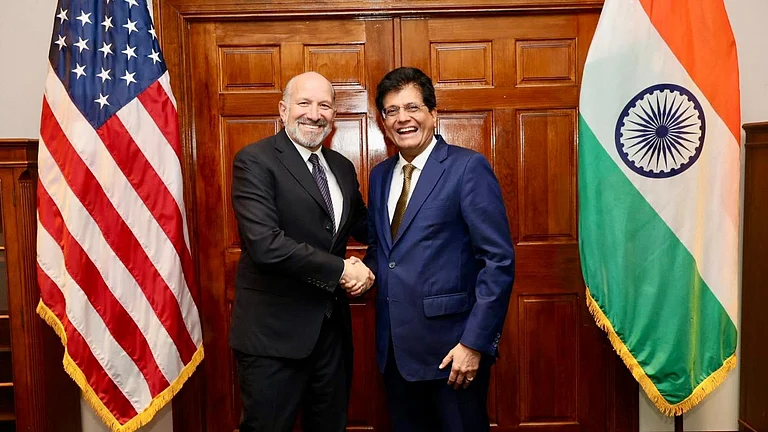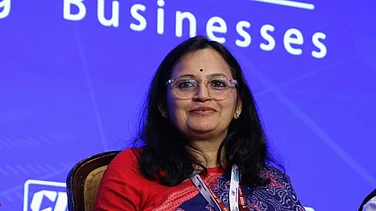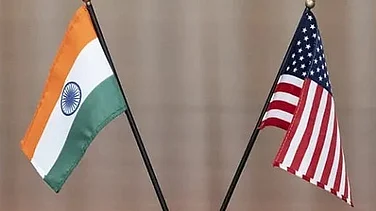After signing a trade agreement with the United Kingdom, the Indian government is reportedly planning to open its public procurement market to US companies as well, as it negotiates a trade deal with the Trump administration. Earlier this month, India and the UK finalised a free trade agreement under which UK-based suppliers were allowed to bid for Indian government tenders above $23.26 million.
This was on the condition that the UK would also provide non-discriminatory access to Indian suppliers in its own public procurement system.
According to a report by Reuters, the relaxation in norms could also be extended to the US and other countries. The report, citing two government officials, said this potential policy shift could allow foreign firms access to Union government contracts worth over $50 billion, although state and local government procurements would remain restricted.
The current policy reserving 25% of government tenders for small and medium enterprises (SMEs) is expected to remain in place.
India’s Lucrative Public Procurement System
According to a 2024 report by the US International Trade Administration, Indian government procurement accounts for nearly 30% of India’s $3 trillion GDP. In real terms, the country’s total public procurement market is estimated at $700–750 billion annually, of which only around $50–60 billion comes from the Union government.
Most contracts are reserved for domestic firms, with 25% earmarked for small businesses. However, sectors like railways and defence can procure from foreign suppliers if no suitable local options are available.
India is not a party to the World Trade Organization’s Agreement on Government Procurement and does not have a free trade agreement with the United States.
In June 2020, the Indian government introduced guidelines stating that no procurements under approximately $27 million could be globally tendered unless the nodal agency could demonstrate that the product or service was unavailable in the Indian market.
The Public Procurement Order gives preference to companies whose products contain 50% or more local content. Products with less than 20% local content are classified as “non-local suppliers” and are ineligible for Indian government tenders.
These restrictions were categorised as trade barriers by the Trump administration in a March report, after which the President announced a 26% reciprocal tariff on Indian goods. As of now, these tariffs are paused while both nations negotiate a new trade agreement.
According to reports, both countries aim to sign an interim deal by early July, following Union Minister Piyush Goyal’s visit to Washington earlier this week.
Trump’s Claims, India’s Response - Trade Talks So Far
During a meeting with business leaders in Doha, Donald Trump claimed that India is now offering to eliminate tariffs entirely, calling it a major shift from previously having “the highest” tariffs. “They are willing to literally charge us no tariffs,” he said.
India’s Foreign Minister S. Jaishankar responded by stating that no deal has been finalised and “any judgement on it would be premature” until a “mutually beneficial” agreement is reached.
The US is India’s largest trading partner, with bilateral trade reaching $129 billion in 2024. India ran a $45.7 billion surplus, mainly due to exports of pharmaceuticals, electrical machinery, and jewellery.
Trump has long criticised India’s high tariffs, claiming they hurt US businesses.







